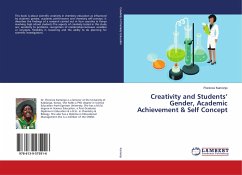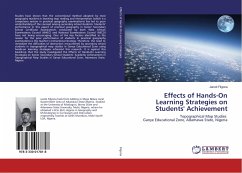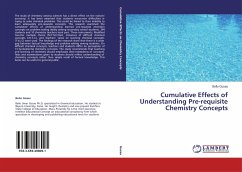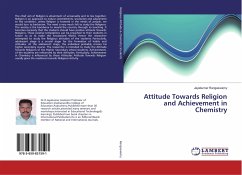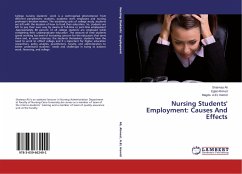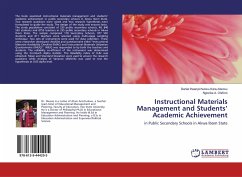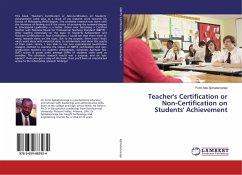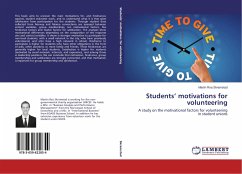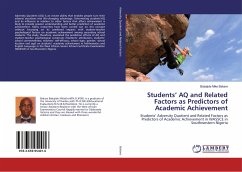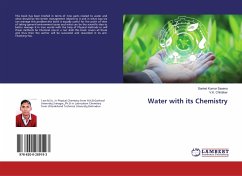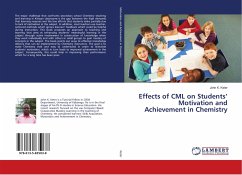
Effects of CML on Students' Motivation and Achievement in Chemistry
Versandkostenfrei!
Versandfertig in 1-2 Wochen
41,99 €
inkl. MwSt.

PAYBACK Punkte
21 °P sammeln!
The major challenge that confronts secondary school Chemistry teaching and learning in Kenyan classrooms is the gap between the high demands that learning requires and the low efforts that students make partially due to lack of motivation in the subject. In addition, most teachers use teacher-centered methods which ignore learners' feedback which could be helpful during instruction. This book proposes an approach to teaching and learning that aims at enhancing students' meaningful learning in the subject through active involvement in construction of knowledge when they work individually and wi...
The major challenge that confronts secondary school Chemistry teaching and learning in Kenyan classrooms is the gap between the high demands that learning requires and the low efforts that students make partially due to lack of motivation in the subject. In addition, most teachers use teacher-centered methods which ignore learners' feedback which could be helpful during instruction. This book proposes an approach to teaching and learning that aims at enhancing students' meaningful learning in the subject through active involvement in construction of knowledge when they work individually and with others in small groups to gain mastery of concepts in the subject. The book points out ways to effective knowledge delivery that can be implemented by Chemistry instructors. The goal is to make Chemistry vivid and easy to understand in order to stimulate students' motivation, which in turn leads to improved achievement in the subject. Consequently, this could help in improving their performance which for a long time has been poor.



